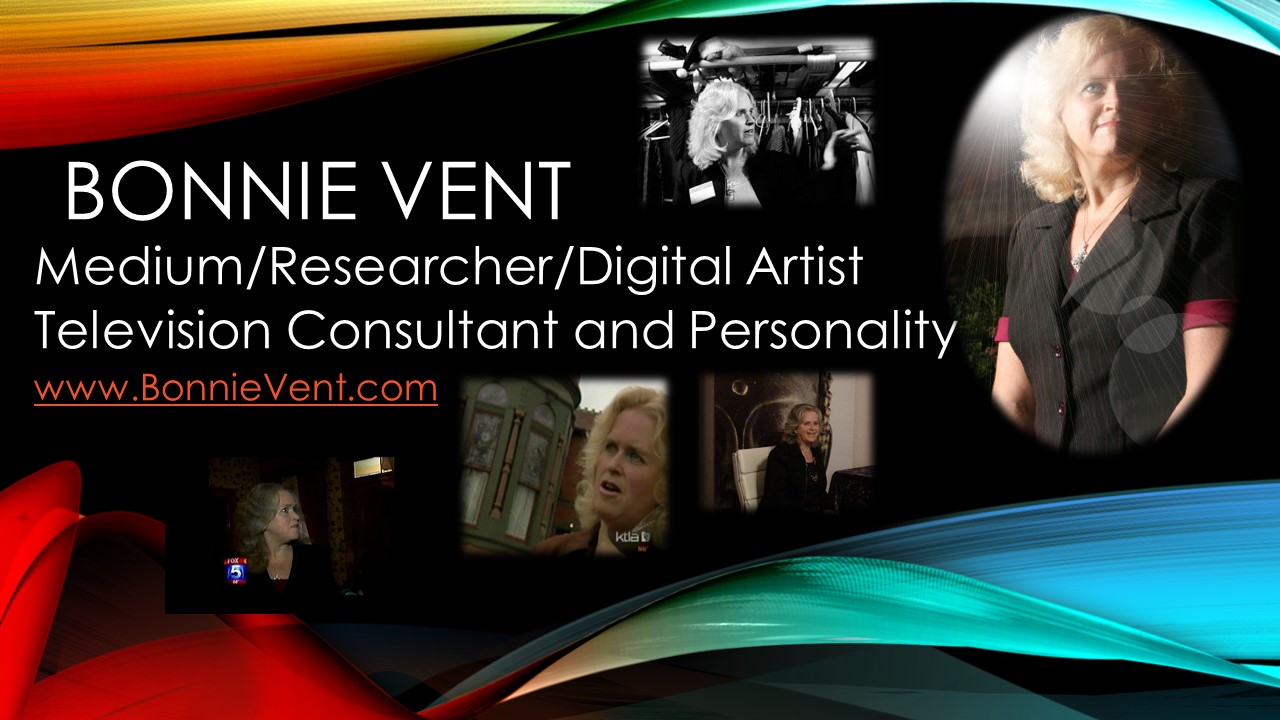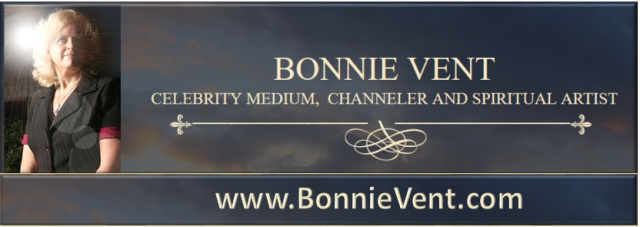Thirty-four years ago, Dan White went on a bloody rampage at San Francisco City Hall, gunning down Mayor George Moscone and fellow Supervisor Harvey Milk. The assassinations rocked the nation, leading to a tawdry murder trial, the infamous "Twinkie" defense and the "White Night" riots.
While the world at large soon moved on, for many in the Bay Area, the scars still feel fresh. Jonathan Moscone has been haunted by the tragedy ever since.
Just 14 when his father was slain, Moscone -- now a stage director and artistic director at Cal Shakes -- finally grapples with the weight of that legacy in "Ghost Light." This is political history as seen through the eyes of a boy who grew up without a father. It's a hard-hitting memory play that harnesses the power of myth, history and the unshakable bond between father and son.
"It's a meditation on the loss of one's father," says Moscone, now 47, who is directing the production at the Berkeley Repertory Theatre, "and the feeling of that father being lost in history."
Indeed, while George Moscone was a rising star in political circles at the time of the killings, his fame became overshadowed over time.
"He got lost in the shuffle of events," says John Fisher, artistic director of San Francisco's Theatre Rhinoceros, the oldest gay theater in the nation. "The death of the first (openly) gay supervisor and the rise of (Dianne) Feinstein have clouded the event of Moscone's death. But he was a true hero."
"Ghost Light" both pays tribute to the fallen mayor and explores the way people and societies are defined by their watershed moments. White's Nov. 27, 1978, shooting spree kicked off a bizarre series of events that no one who lived through it will forget.
"It's a significant event in national political history, but for people in the Bay Area, it's like personal history," says Tony Taccone, who wrote the play with Moscone's input. "Remember, the murders happened just days after Jonestown. It felt like the world was ending, like California just might fall off into the sea."
The tragedy clouded Moscone's childhood. He had always feared something terrible would happen to his father. When his worst nightmares came true, the loss became part of his identity.
He will never forget the day of the killings, coming home to a media swarm and having to be carried into the house, where his mother, Gina, broke the news to his brother and him. Or going to the viewing, where he peered into an open casket. He saw a bit of skin that had fallen away from a bullet wound and tried to put it back in place. After decades of suppressing the pain, Moscone decided to turn his suffering into art.
"If you don't acknowledge your past," Moscone says, "you languish, you lose your tether."
"Ghost Light" spins around an openly gay and fiercely witty director who must face down the specters of the past before he can move on. He can't direct "Hamlet" because he is plagued by too many of his own ghosts.
"It's me, and it's not me," Moscone says of the character at the heart of the play. "It's complicated. There's a lot of Tony in there, as well."
Grief is always overwhelming, but mourning in the public eye can be too much to bear. Moscone has always keenly felt the pressure of living up to his name.
As he once put it, "My last name means that I am related to someone who stood for something in this world."
Taccone fears that society as a whole has forgotten how deeply the past affects the future.
"We like to think that we are self-determined. I am me! But that is a very ahistorical perspective," says Taccone, who has known Moscone for 20 years. "In reality we are all swimming in the tide of history."
Part history lesson, part art, "Ghost Light" is one of a number of recent high-profile plays that thrust hot-button social issues onstage, such as Mike Daisey's "The Agony and the Ecstasy of Steve Jobs," Anna Deavere Smith's "Let Me Down Easy" and Dan Hoyle's "The Real Americans." Taccone's mysterious narrative, which segues between past and present, dream and reality, is driven by the need to examine the past.
The power of long-buried memories fuels "Ghost Light," a labor of love for Moscone. Being so close to the subject matter is a mixed blessing.
"Everything about this project makes me feel exposed," he says ruefully. "I play a lot of roles in this: son, victim, gay man and director."
The usually unflappable director was moved to tears during the play's premiere at the Oregon Shakespeare Festival in the summer. And he continues to struggle with feeling vulnerable about seeing his family's saga unfold onstage.
"You never know how something like this will hit you until you are doing it," says Moscone, his voice thick with emotion. "It caught me off guard."
Still, it's a sacrifice he is willing to make to set the record straight. Moscone fears that his father's legacy has been eclipsed by the mythology of Milk, who has become an icon in the gay community and the subject of documentaries, an opera and an Oscar-winning movie.
In one key scene in "Ghost Light," the grief-stricken son visits the set of Gus Van Sant's 2008 "Milk." He is stung when he realizes his father has been reduced to an asterisk in the life of Harvey Milk. That experience motivated him to tell his side of the story.
"He was a fighter," Taccone says of the senior Moscone. "He was ticketed for big things. He truly cared about the state of the world and he paid the price."
In one sense, Moscone comes full circle with "Ghost Light." It was his father who first took him to the theater, paving the way for the day the son would thrust his father's memory back into the spotlight.
Contact Karen D'Souza at 408-271-3772. Follow her at Twitter.com/karendsouza4.
'Ghost Light'
Conceived and developed
by Jonathan Moscone and Tony Taccone






